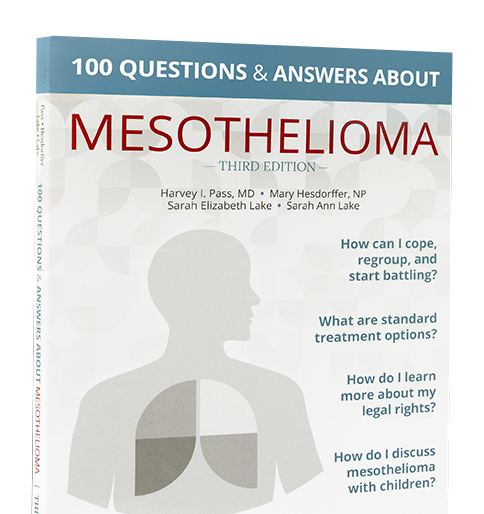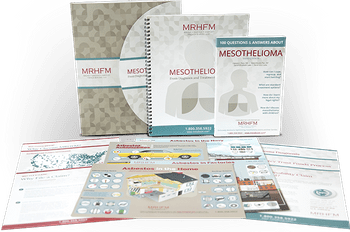A mesothelioma diagnosis can be devastating to both the patient and their families. The patient will need all of the support they can get—and so will the family. Fortunately, there are ways to help everyone involved cope with the disease and even help focus on what’s important—fighting the condition, while still maintaining a good quality of life.
The following five undertakings are high on the list of things family members and friends of mesothelioma patients can do to support their loved ones throughout their journey.
- Provide Emotional Support
Mesothelioma patients need emotional support and companionship more than anything else. Your loved ones mental and emotional state can play a key role in how he responds to treatment and the recovery process. Your loved one will have good days and bad days, patience and compassion can go a long way. Be there to listen to their concerns, offer advice, and show them that you care.
- Monitor Your Loved Ones Health
Caregivers often communicate with doctors the most. They spend the most time with patients at home, so they have the best opportunity to monitor the patient’s day-to-day health. Keep track of details that your loved one may have a tough time remembering. Caregivers often help manage medications at home as well. This can be a big help to doctors when it comes to adjusting doses, eliminating or adding medications, and other related issues.
You can even take your role a step further by seeking guidance from a professional caregiver. A professional caregiver can help you with issues such helping your loved one manage pain and symptoms, as well as medical safety and the everyday aspects of caregiving.
- Get to Know Complementary and Alternative Medicine (CAM)
Also called complementary and alternative therapy or therapies, CAM could help improve quality of life. It includes mind-body interventions such as yoga, tai chi and qigong, Reiki, biofeedback, hypnosis, meditation and breathing techniques. These mind-body therapies can be very helpful as well as holistic approaches such as massage therapy, acupuncture, and nutrition therapy.
- Reach Out to a Support Group
Your loved one needs all of the support he can get. He cannot do it alone—and neither can you. Fortunately, there are many support groups for the critically ill and their caregivers. Talking to others who truly understand what you are going through will make you feel comforted and far less isolated.
- Help Make Decisions
Though treatment options have come a long way in just the last decade, understanding how they work can be confusing. This is especially true of someone who may be undergoing chemotherapy or other treatments that can cause memory problems. Understanding what health insurance covers and what it does not can also be complicated, so do your best to help your loved one understand all of his options. If you need help understanding, speak with the patient’s doctor and insurance provider to gain a better understanding of how all available options work. There can be many serious financial decisions and legal issues to consider as well, so getting professional help is crucial.
Sources
"About Mesothelioma." Cancer Research UK. Cancer Research UK, 10 Nov. 2015. Web. 25 May 2017.
"Global Senior Care Services." Globalseniorcareservices.com. Global Senior Care, Home Care Services, 2017. Web. 25 May 2017.
Kal, Biki. "How Can You Care for Someone with Mesothelioma?" Doctortipster.com. Doctor Tipster, 28 Feb. 2017. Web. 25 May 2017.
"Malignant Mesothelioma Treatment." National Cancer Institute (NCI). U.S. Department of Health and Human Services, National Institutes of Health (NIH), n.d. Web. 25 May 2017.
Wahbeh, Helané, Siegward-M. Elsas, and Barry S. Oken. "Mind–body Interventions: Applications in Neurology." National Center for Biotechnology Information (NCBI). U.S. National Library of Medicine, National Institutes of Health (NIH), 10 June 2008. Web. 25 May 2017.






